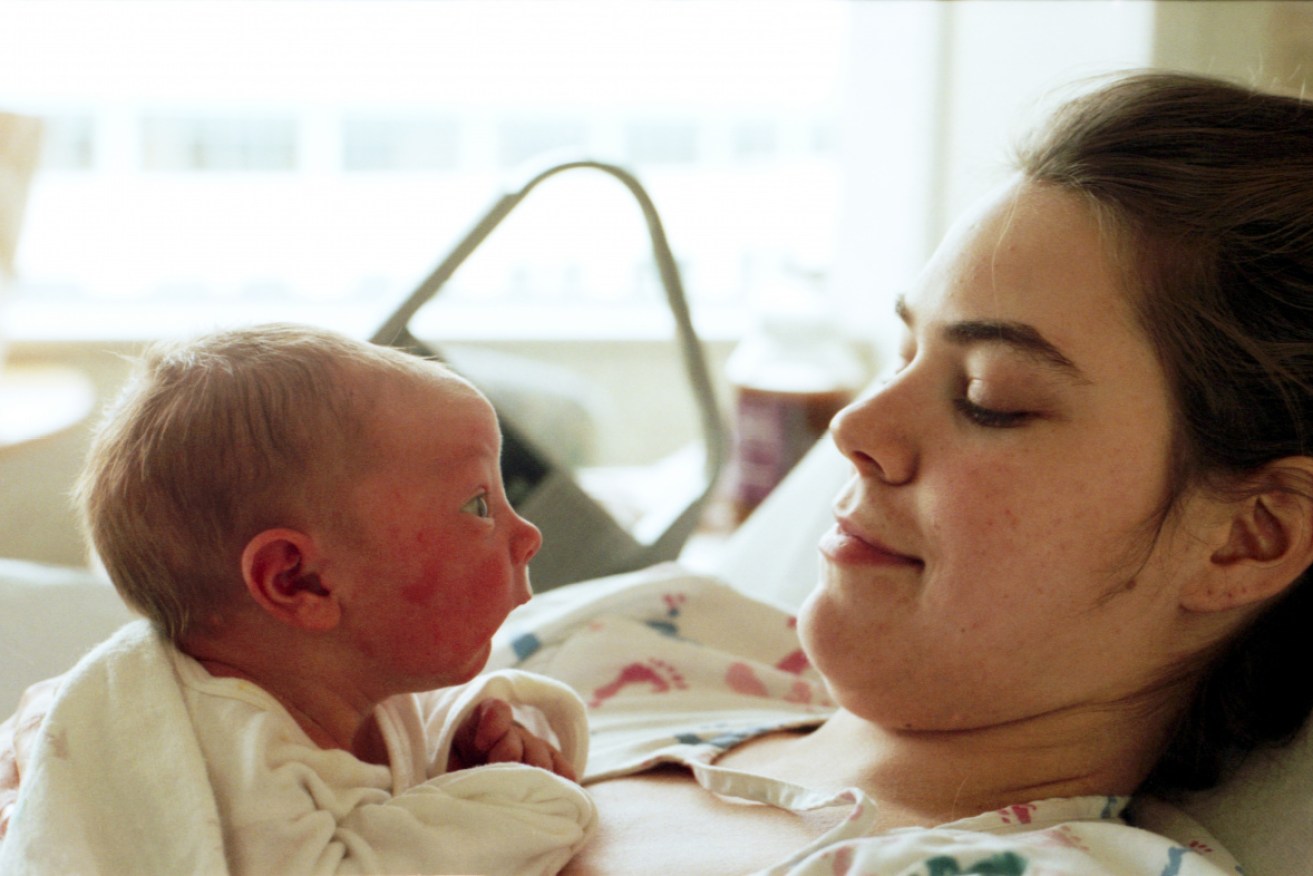Why super on PPL is a win – and not just for young families


Super paid during parental leave will help normalise both parents taking time away to care.
About 180,000 families are set to benefit from a new government superannuation contribution to their paid parental leave. But they’re not the only winners.
From July 1, 2025, parents with new babies will have access to 24 weeks of paid parental leave of $882.75 per week.
A 12 per cent super contribution on this payment will amount to a little over $2500 per family over that period.
It might not seem like a significant amount, but here is why it matters.
Women retire more financially secure
“This [super contribution] is a significant change that benefits women particularly in the long term, because we know that it is women who take longer breaks from paid work to take on the caring responsibilities,” executive director of The Parenthood Georgie Dent said.
Dent, a prominent women and families advocate, estimated the government-paid super contribution could amount to $20,000 to $25,000 per child over 30 years, depending on the assumed return figure.
Given women retire with on average 25 per cent less superannuation than men, the effect it can have on their nest egg is significant, Women in Super policy adviser Ella Melican said.
“Sometimes we can look at that figure and it [seems] like a drop in the ocean, but it will make a real difference to women when they retire,” Melican said.
“Women are much more likely to retire with zero superannuation and retire onto the age pension, so this amount of money can [really] impact these women’s lives.”
Improved incentive for even distribution of care
The financial hit for time out of paid work while raising children, sometimes referred to as the ‘parenthood penalty’, has historically been borne by women.
Deputy director of the Gender Equality in Working Life research initiative, Professor Elizabeth Hill, said superannuation on paid parental leave will give families greater flexibility in how they distribute care responsibility knowing that neither parents’ retirement fund will be affected by time away from the workforce.
“We know from our research (men) are eager to participate in the care of young children,” Hill said.
“But [men] need to be able to afford that, households need to be able to afford that. Men are not keen on paying an economic penalty for care.”
Aligns PPL with other workplace entitlements
The government super contribution to paid parental leave will help normalise it as a workplace entitlement similar to annual leave, personal leave and long service leave, Dent said.
“They all attract superannuation because they are very clearly established as workplace entitlements,” she said.
“Paid parental leave has been a bit of an outlier.”
Children do better
Financial support for families to care for their kids leads to better outcomes for children, Dent said.
“We know children do very well when they have parents who have the time and resources and support they need to nurture the children,” she said.
Why young families are not the only winners
Young families are not the only ones who will benefit from the government super contribution to paid parental leave.
Dent said it will have a broad economy-wide benefit for all Australians.
“We all stand to benefit from having more Australians reaching retirement age with greater security,” she said.
“There is a dignity that is attached to reaching the end of your working life and being able to rely on a superannuation balance that is adequate and reflects the contribution you have made in your life in the paid workforce and the unpaid caring work you’ve undertaken.
“It is income that individuals will be able to rely on, rather than needing to draw down on the pension.”
Dent said it will also improve gender equality in the workplace.
Women across all industries earn on average less than men, with the gender pay gap about 21 per cent according to Workplace Gender Equality Agency data.
Dent said including superannuation on paid parental leave will help address the discrepancy.
“At The Parenthood our view is we will never close the gender pay gap until we have the right public policy settings that enable men and women to equitably share the care and participate in paid work,” she said.
“This policy is another step towards recognising that.”
How will it change workplaces?
Professor Hill anticipates including superannuation on paid parental leave will have a positive flow-on effect in the workplace by helping to normalise both parents taking time away to care.
“It sends a very strong signal that [child rearing] is valued by society, and that we’re prepared to pay superannuation on the time people take out of work to care for those young children,” Hill said.
Melican expects shifting attitudes about parental leave, combined with the fact there won’t be a gap in superannuation contributions, will help men begin to feel more comfortable taking time out to care.
“If care work is valued and conversations around it can change, more men are likely to take it up and caring for children will continue to be more evenly distributed,” Melican said.

















